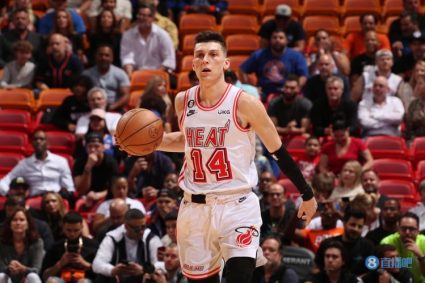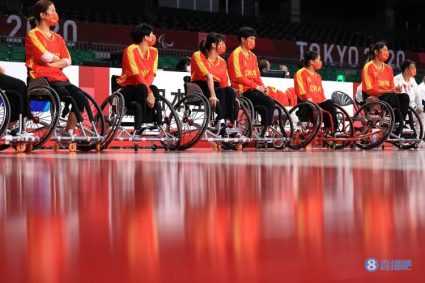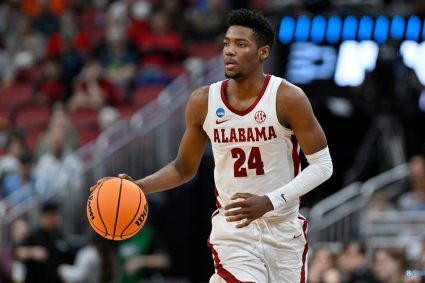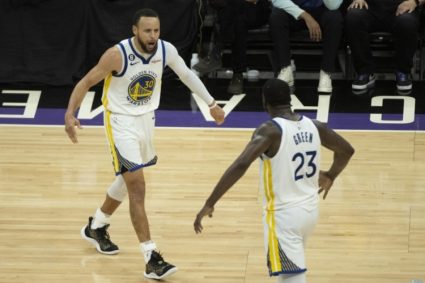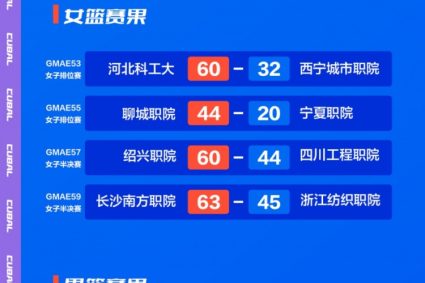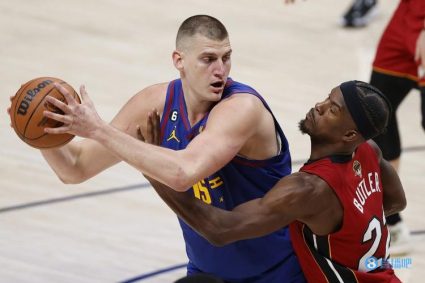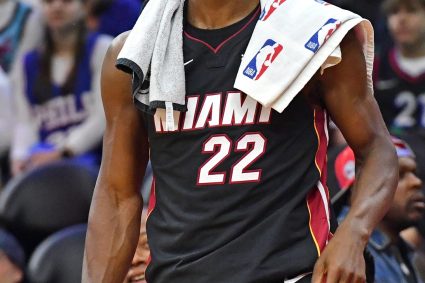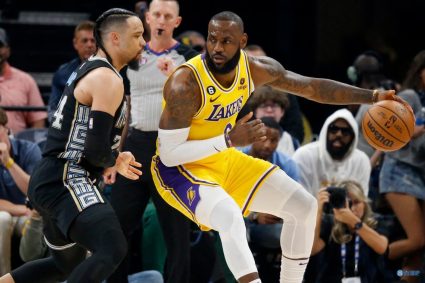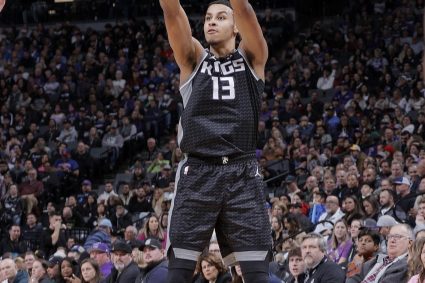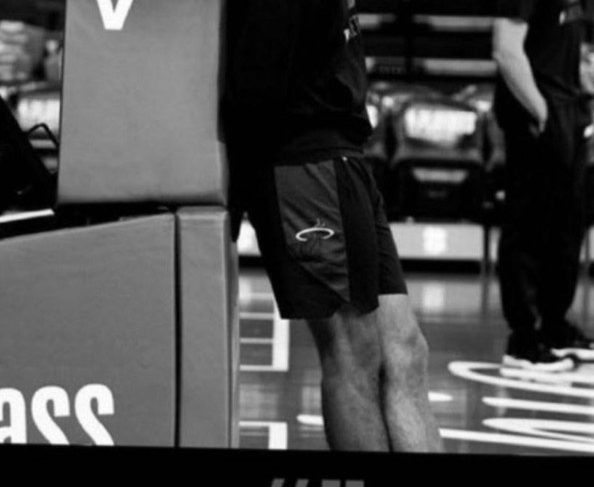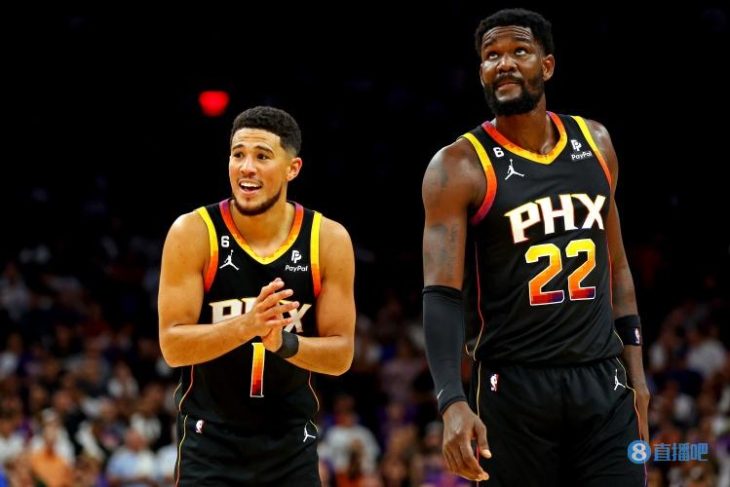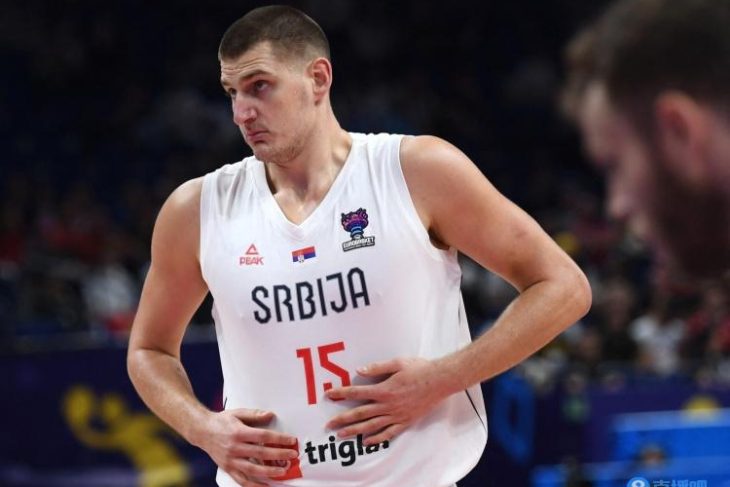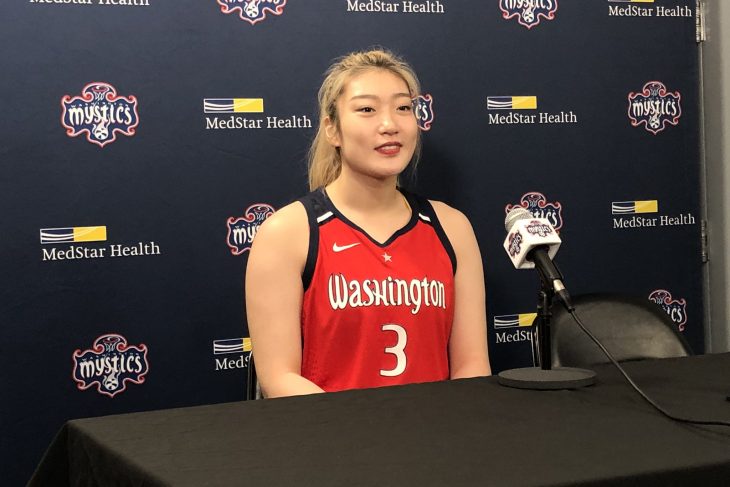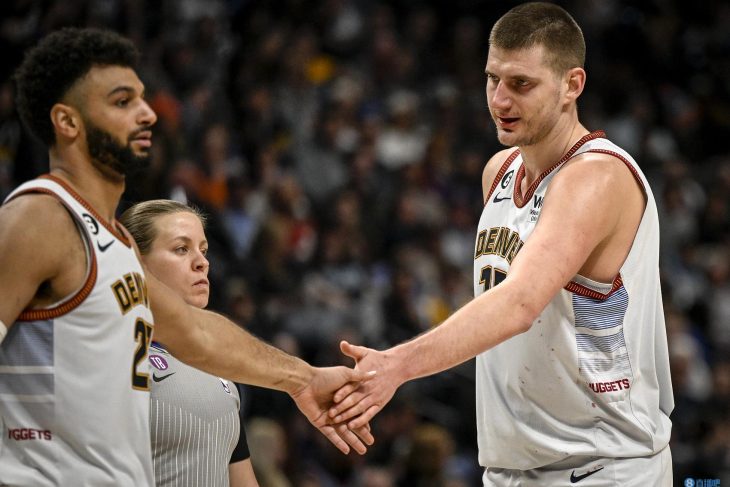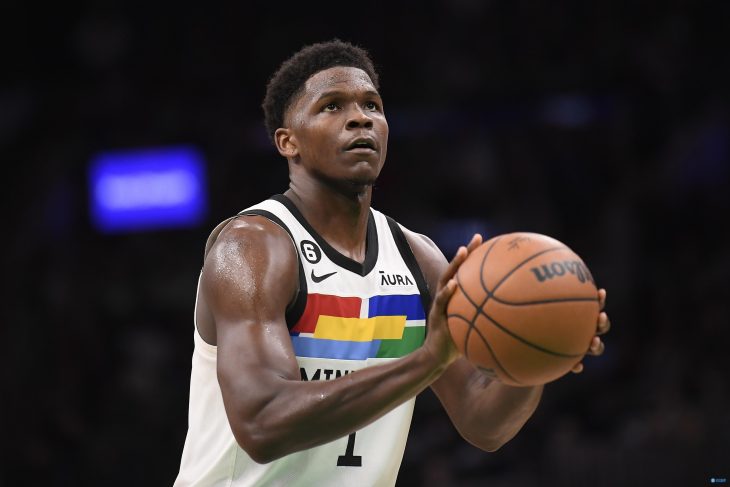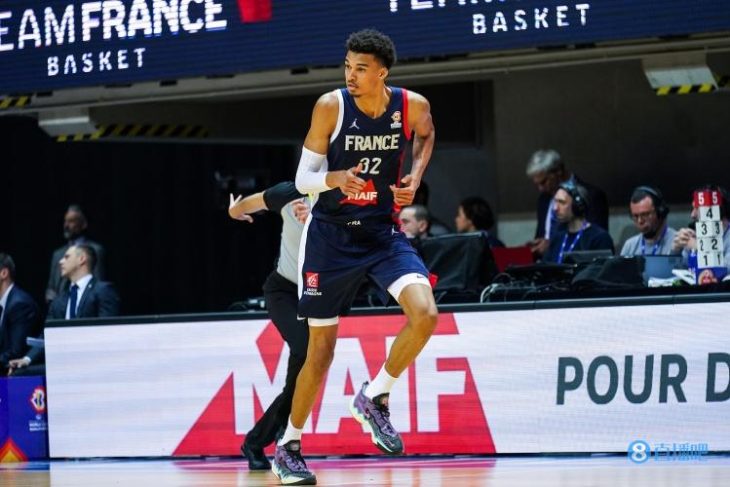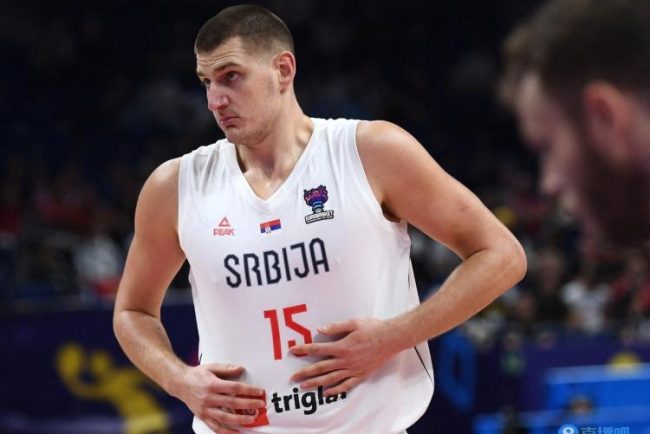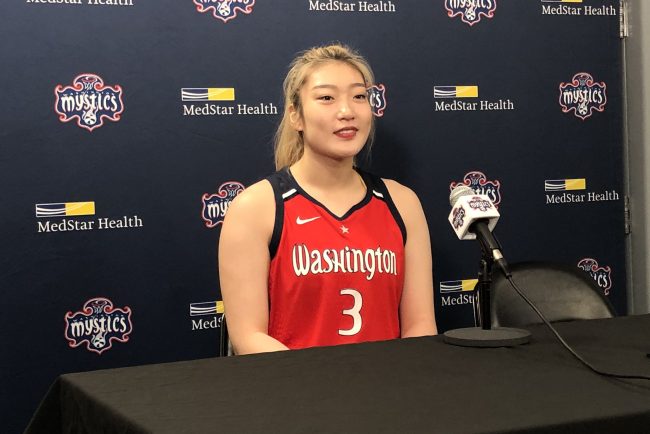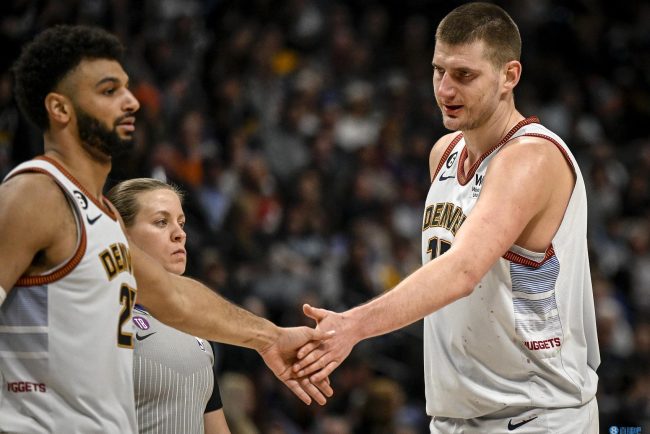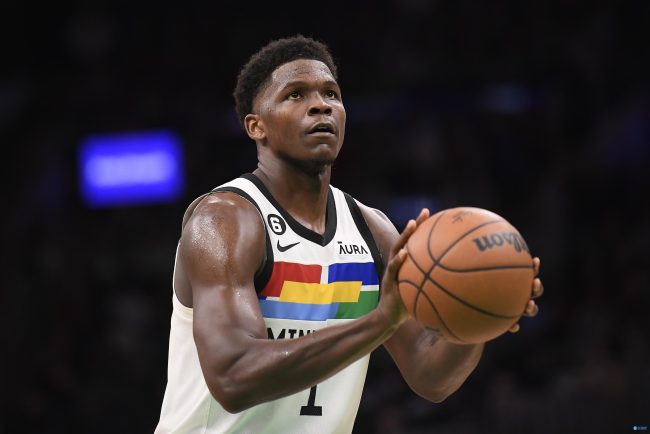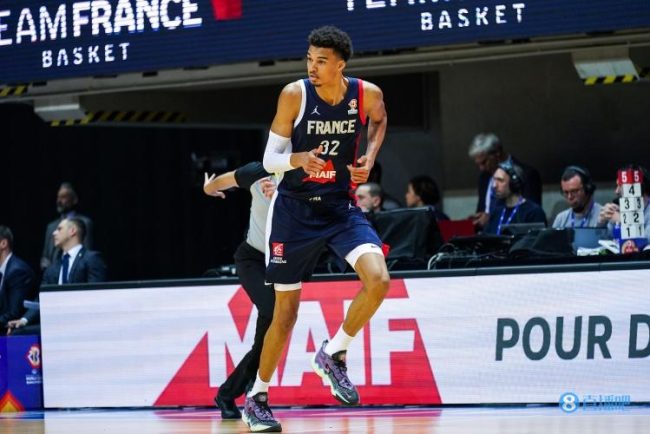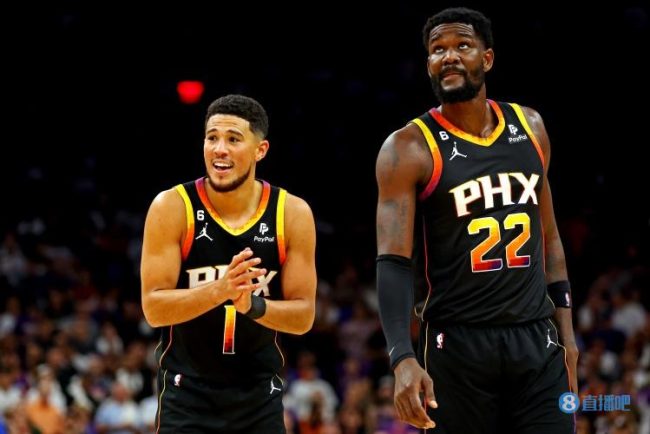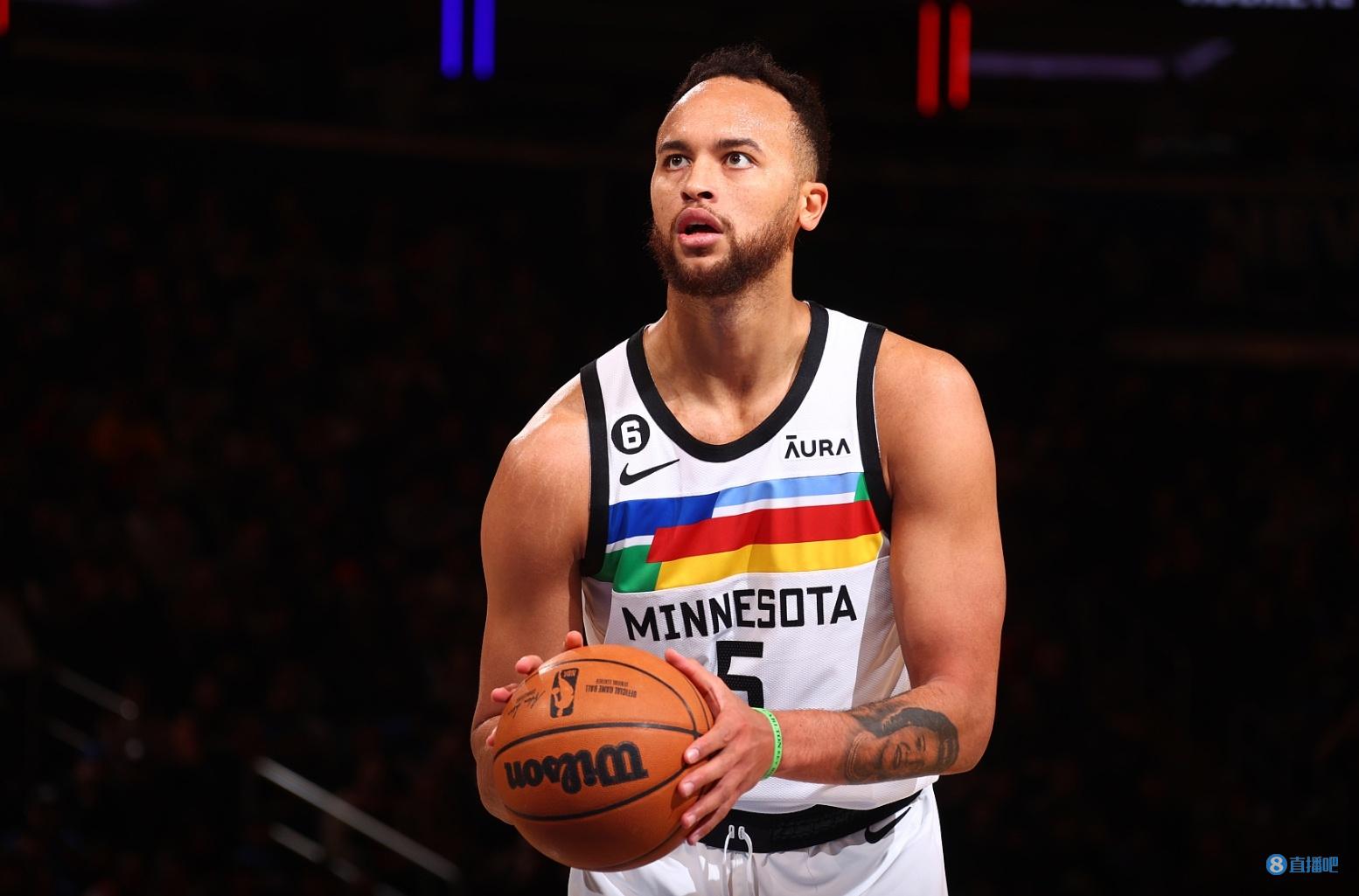

Live broadcast bar, June 20th according to media person @ director where am I lying, NBA player Carl Anderson has acquired Chinese nationality, and he will wear Chinese team jerseys to play in the World Series.
Then the media person @ ball ring inspector Zhao replied to netizens in the comment area, “as far as I know, I can come.” Ren Ran, assistant to Yang Yi, said in his personal microblog: “There is almost no money, saying that it is not patriotic and the price is I am.”
According to Song Xiang, a domestic basketball reporter, the relevant person in charge of Li Kael’s brokerage team said on the 20th that the process of domestication and citizenship is still in progress.
In last September, Xi Hai, a commentator, published an article “everything you should know before domestication in China men’s basketball”, which mentioned the history and specific rules of domestication. The key content is roughly as follows:
What are naturalized players?
When a national team participates in all competitions organized by FIBA, the team can have a player who acquires the nationality of the country through domestication or other legal means after the age of 16. A player who once represented a country in any major international event organized by FIBA after reaching the age of 17 is not allowed to play for another country.
FIBA constitution stipulates: “If a player cannot show the passport obtained before the age of 16, but meets the following requirements, the secretary-general of the International Basketball Federation has the right to make a decision at his discretion, exempt their non-naturalized players.” These requirements include:
First, the year when the player lived in the country where he wanted to represent the competition; Second, the number of seasons the player played in the League of this country; Third, any other evidence that can determine that there is a close connection between the player and the country that wants to play.
What is the key to introducing naturalized players?
If you join a country after the age of 6, you will be recognized as a naturalized player. The difficulty of “acquiring nationality” is different in each country. In the world, a certain number of countries allow citizens to have dual nationality, and there are not many restrictions on citizenship. It is quite easy for countries like this to get a naturalized player, as long as the conditions are negotiated with the player himself, the relevant departments can issue a passport for the player and join the nationality of the country.
However, some countries are more cautious about citizenship, which reduces the choice of naturalized players a lot. Of course, the rules are dead, people are alive, and the regulations of the International Basketball Federation cannot be changed, but some countries can change their own citizenship regulations.
What are the naturalized players thinking?
First of all, we must admit that some naturalized players embrace their dreams. However, the most important appeal of the naturalized players is to make money, clearly mark the price, you give money, I will do business. The strength of each player is different and the financial resources of each Basketball Association are also greatly different. Therefore, there is no definite rule for the price of naturalized players, but from the perspective of the whole international scope, A monthly salary of about $50000 is a common price. For the wage earners in the international basketball arena, it is obviously a very high-quality choice to find more jobs during the suspension period and not conflict with the club competition time at all.
Where did domestication come from and where did it go?
Both the supply and demand sides have their own purposes, which makes the domestication of players a systematic project that has taken root under the international basketball system. A player is playing on behalf of a certain country. Under The FIBA system, it is a major event reviewed by the Secretary-General himself. However, the number of players applying by the basketball associations around the world is quite large.
Up to now, naturalized players have become a common phenomenon in international basketball. Taking the 2022 Asian Cup as an example, 14 teams from Asia, including 9 teams including Japan, South Korea, Bahrain, Syria, Jordan, Lebanon, Indonesia, Philippines and Chinese Taipei, have all activated naturalized players, among the remaining five teams, Iran and Kazakhstan also have a history of using domestication.
